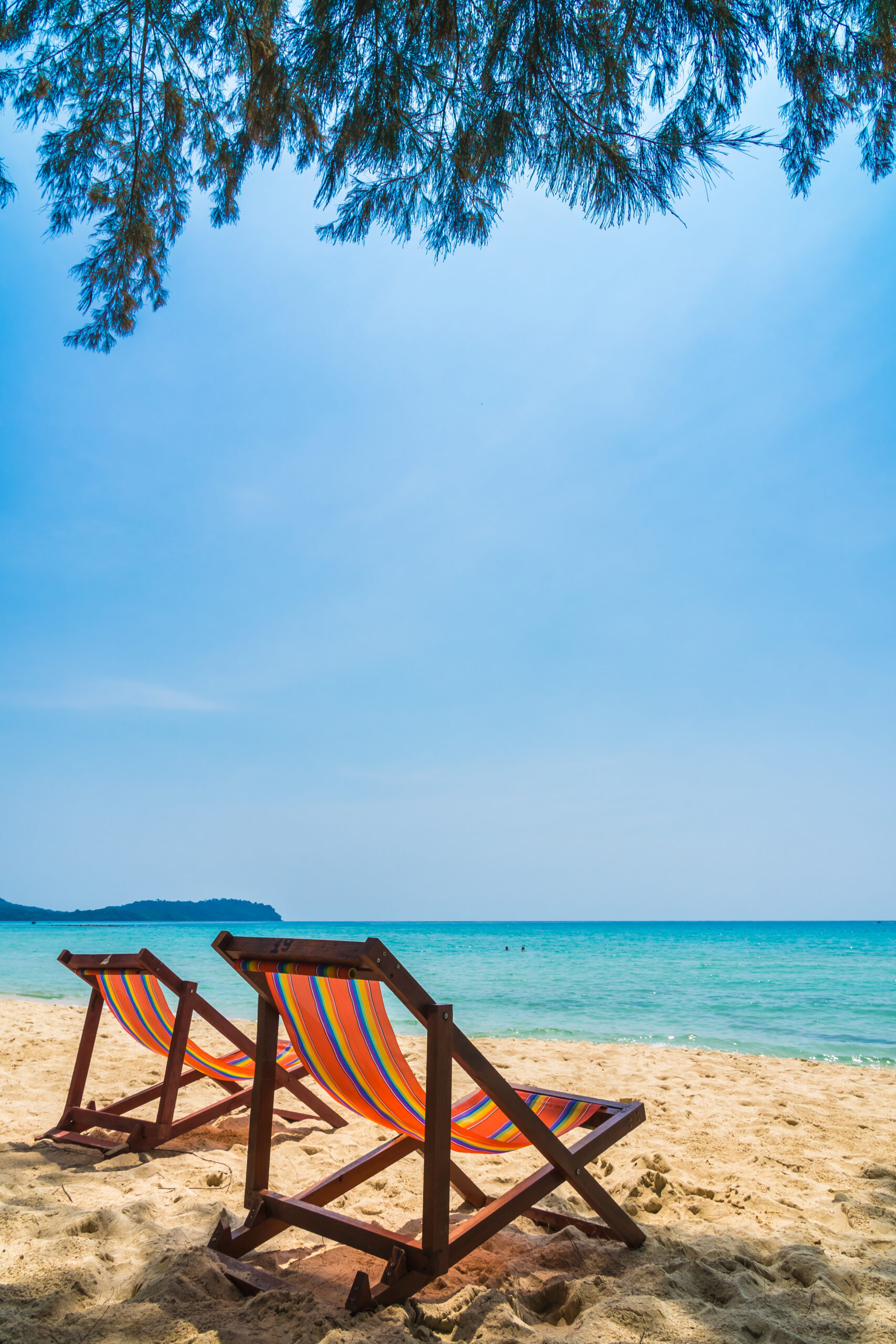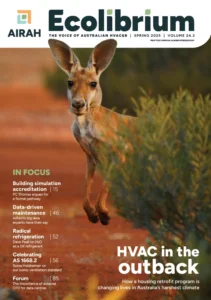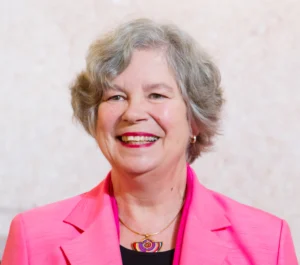Take that break!

Research shows that going on that holiday you’ve always dreamed of is good for both your happiness and your performance at work.
People are working longer than ever before as jobs get more demanding. Logically, this creates a greater need for time away from work to regenerate. We should all be looking forward to our next holidays to recover from the stresses of work.
Unfortunately, the statistics show that the opposite is happening – the use of annual leave has declined over the past few decades. Australians had accumulated 151 million unused holiday hours before the COVID-19 pandemic. Last year, one in five employees had accrued over four weeks of annual leave, particularly the older generations.
Refreshed performance
Taking a break is not a luxury. Whatever form they take, vacations have a large positive effect on wellbeing and health. They lead to measurable improvements in employee engagement and creativity: people think and solve problems better after taking a break.
To get these benefits, employers should encourage employees to take their full vacation entitlements. Furthermore, since leave entitlements accrue in Australia and are converted to cash when an employee leaves, some companies now direct employees with excessive unused leave to take their holidays to reduce the firm’s liability.
The perfect getaway
So, what makes a great holiday? Personal and cultural values shape what kind of holiday we all enjoy. Some people like to relax at home or by the beach, while others prefer adventure and cultural enlightenment.
Here are a few evidence-based suggestions:
- Short breaks taken more often are more restorative than longer vacations. Tip: take one-week trips at four different times or add some annual leave to weekends.
- Restorative vacations do not necessarily involve travel; staycations can be just as effective.
- To make the most of your holiday, mentally distance yourself from work – that means no emails or phone calls with colleagues!
- Focus on an activity like gardening, sport or reading to distract yourself from work problems. Tip: choose an activity you can continue after your holiday, to help de-stress after workdays.
- Getting a good night’s sleep is the most important factor in regeneration, whether that’s on holiday or at home.
- Engaging in physical activities while on holidays is the next best activity for improving your wellbeing.
- The wellbeing from a holiday does not fade away as quickly as previously thought. Tip: restart back at work mid-week so that the next weekend break is closer. People who do this report a longer holiday “glow”.
What if you can’t get away?
Some people – like small business owners – simply can’t get away from work that easily. One solution to this is taking short breaks every day at work. Simple activities like a walk during your lunch break, taking a few minutes to grab a coffee, or nodding off for a quick power nap can boost wellbeing and performance in between short vacations. We can all do that.
Like to know more?
Professor Gayle Avery is the co-founder and director of the Institute for Sustainable Leadership. Contact: [email protected]
Read the research
You can read the full 2025 study by Grant, Buchanan and Shockley by scanning the QR code.

This article appears in Ecolibrium’s Spring 2025 edition
View the archive of previous editions
Latest edition
See everything from the latest edition of Ecolibrium, AIRAH’s official journal.





